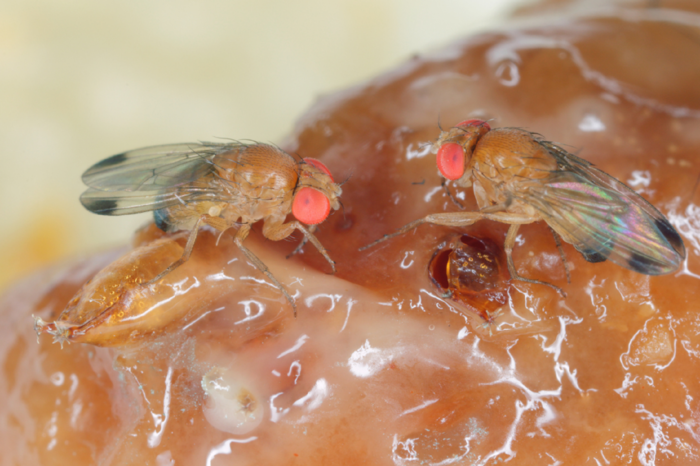Department of Biology, Chemistry, Pharmacy
Service Navigation
Neurobiology and Behaviour
There are seven research groups that are currently investigating various aspects on the principles of neural processing and the neural basis of behaviour. This includes the research groups of:
- AG Koch (Neurophysiology)
- AG Hiesinger (Neurogenetics)
- AG Sigrist (Developmental Genetics of Animals)
- AG Wernet (Neuronal Circuits)
- AG Scharff (Animal Behavior; soon to be succeeded)
- AG Linneweber (Develompmental Origins of Individuality; Junior Group)
- AG Scheunemann (Neurobiology of Behaviour; Junior Group)
We offer several courses on basic and advanced topics in Neurobiology and Behavior including the development and degeneration of the nervous system, the structure and function of neural circuits across model systems, the molecular neurogenetic analysis of synaptic plasticity and behavior in Drosophila, and a course on the neural basis of social communication and behavior in vertebrates.
The Master’s courses in Neurobiology offer students a comprehensive and diverse education in the broad field of neurobiology and behavior. The program covers a wide range of topics, from developmental processes and neurogenetic principles to physiological mechanisms including memory formation and the physiological functions of sleep, and neuroethological studies, like vocal communication and navigation. A strong emphasis is placed on practical approaches, providing hands-on experience with a variety of molecular, cellular, and behavioral experiments. Students gain valuable insights through research and experiments using different model organisms, including mice, birds, and fruit flies, ensuring a well-rounded understanding of neurobiological concepts and techniques.
We aim at understanding brain mechanisms of sensory processing, memory formation, navigation and communication and what can go wrong in these processes, or during development or degeneration of the underlying brain structures.
- Developing Therapeutic Strategies: Identifying key players for treatments and interventions for neurological and psychiatric disorders.
- Enhancing Cognitive and Motor Functions: Finding ways to boost learning, memory, and recovery from brain injuries.
- Understanding the brain on a cellular and molecular level: dissecting the contributions of individual cells, synapses, and molecules in order to understand brain function.
- Understanding Brain Plasticity: Exploring how the brain wires and adapts to changes, which can inform rehabilitation techniques.
- Unraveling the Basis of Behavioral Disorders: Investigating the neural and genetic foundations of disorders like autism, ADHD, and schizophrenia.
- Understand the developmental rules governing neural circuit assembly: towards models for algorithmic brain assembly and artificial intelligence.
- Studying the Effects of Environmental Factors: Examining how sleep, diet, and lifestyle impact brain function and behavior in young and aged individuals.

